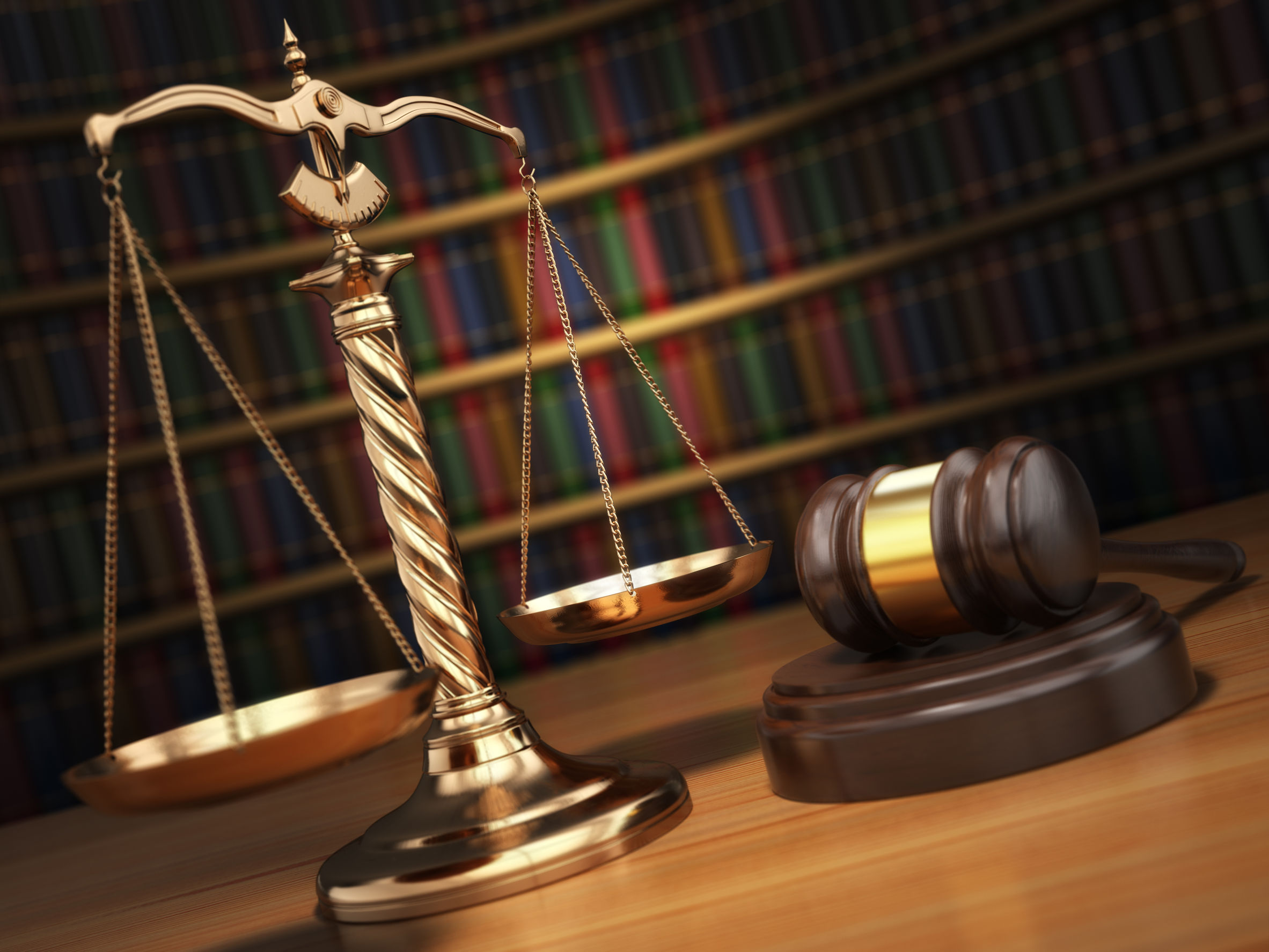Imagine this scenario in Colorado: after your pre-trial release from securing bail bonds and facing the criminal charges, you have been acquitted from the case. However, the complainant isn’t content with the verdict and wants to file a criminal lawsuit with the same crime against you in Arapahoe Court.
The Double Jeopardy rule protects you from such occurrences.
The Double Jeopardy Clause, which stems from from The Fifth Amendment to the U.S Constitution, pertains to the right of the accused person not to face trial twice for the same crime in the same jurisdiction. Double jeopardy protects an accused person from these three scenarios:
- Second prosecution for an offense after conviction
- Second prosecution for a crime after acquittal
- Multiple punishments for the same offense
The Double Jeopardy Clause exists to:
- preserve the final verdict of trial proceeding,
- set limitations on the prosecution’s power, and
- protect the defendant from the financial and emotional damage because of repeated prosecutions.
Application of Double Jeopardy in Arapahoe County, Colorado
Double Jeopardy only applies to specific criminal cases—such as felonies, juvenile delinquency adjudications, and misdemeanor—and not in civil proceedings. It applies only when the Colorado government places the defendant “in jeopardy.”
When the defendant has been convicted or acquitted, the government may not call for the retrial of the accused on the same or lesser crime that was merged within the offense.
Since Double Jeopardy rules materialize when the defendant has been re-prosecuted for the “same offense,” the government will use a multitude of tests to determine whether:
- the corresponding facts have already been litigated
- the “actual evidence” has already been presented
- the accused person is being re-prosecuted for the same conduct, or
- all the alleged criminal acts were part of the same transaction
Exceptions of Double Jeopardy
There are also exceptions stipulated wherein certain situations don’t apply the Double Jeopardy Clause. These situations are as follows:
- Mistrial. If the case was terminated due to a “hung jury” or a “mistrial,” the government can refile the same case against the defendant.
- Sovereign. Double jeopardy doesn’t hold another “sovereign” to prosecute the defendant with the same criminal charge. It means that if the case is filed in the state government, the federal government can re-prosecute the defendant with the same crime.
- Multiple Offenses. The government can prosecute the defendant with various charges of the offense on the same crime.
The Importance of Jeopardy Attachment
Most of the time, jeopardy can be attached once a jury has sworn in or after the testimony of the first witness. Importantly, Double Jeopardy applies only if the government attached “jeopardy” to the defendant. Without this attachment, any subsequent prosecution with the same crime can occur.
For all your Arapahoe bail bonds needs, contact Lucky Lucero’s Bail Bonds today! Let us help you obtain expedited freedom from jail while your case is being considered in the court system.
Call us at 303-659-2245.

